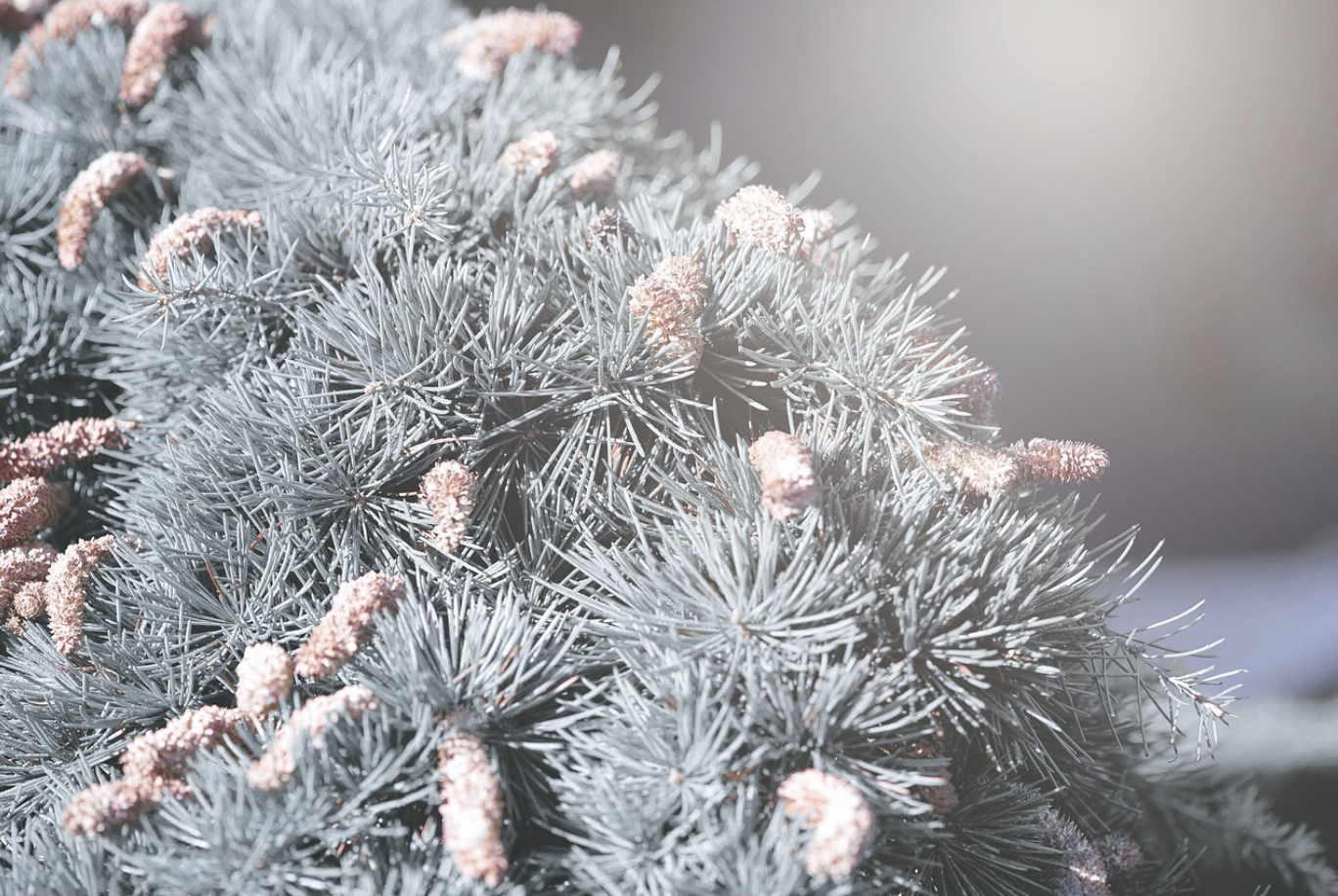When spring rolls around, so do the sneezing, runny noses, and itchy eyes.
Yes, it’s hay fever season again.
But did you know that managing hay fever isn’t just about temporary relief?
Long-term improvement is just as important.
Quick Relief vs. Root Treatment: Both Matter!
There are two main strategies for managing hay fever:
✔ Quick Relief
→ Use antihistamines or allergy medications to ease current symptoms like runny nose and itchy eyes.
✔ Root Treatment
→ Desensitization therapy and lifestyle changes can gradually reduce your body’s overreaction to pollen over time.
Instead of relying solely on short-term solutions, it’s smarter to also focus on changing your body from within—this is the key to managing hay fever more effectively in the long run.
The Surprising Connection Between Hay Fever and Gut Health
“Wait, what does hay fever have to do with the gut?”
It may sound strange, but your gut is the core of your immune system.
When your gut environment is healthy, your body becomes less reactive to allergens like pollen.
Many people report significant relief—fewer itchy eyes, less nasal congestion—just by improving gut health.
But that’s not all. A healthy gut can also:
-
Reduce irritability and aggression
-
Help you recover more quickly from stress or low moods
Yes, your gut affects your mental health too.
Key Tips for Gut Health (a.k.a. “Gut Healing” or “Microbiome Care”)
Here are some specific probiotics and beneficial bacteria that can help:
-
For chronic diarrhea or constipation: Bifidobacteria
-
To boost effectiveness: Lactobacillus, Butyrate-producing bacteria, Glycolytic bacteria
-
After antibiotics or gut damage: LGG strain, Saccharomyces boulardii (a probiotic yeast)
Use probiotics smartly to restore balance in your gut and improve your immune resilience from the inside out.
Is a “Too Clean” Lifestyle Making Things Worse?
Here’s a fascinating example:
Back when Germany was divided into East and West, people living in cleaner and more modern West Germany were four times more likely to suffer from hay fever than those in East Germany.
This phenomenon is explained by the “Hygiene Hypothesis”—a theory suggesting that overly sterile environments prevent the immune system from developing properly.
When you live close to nature, simply breathing exposes you to countless microorganisms.
These microbes help build a more resilient gut microbiome and a stronger immune system.
Nature Heals: Body and Mind
Spending time in nature doesn’t just help with allergies—it improves your overall well-being.
Here’s what science says:
-
Spending just 30 minutes a week in nature can reduce the risk of depression by 37%
-
Over 30 minutes of nature exposure can help lower blood pressure
These effects are directly proportional to how often you interact with nature.
The more time you spend outside, the healthier your body and mind become.
Nature + Gut Health = The Best Hay Fever Strategy
To truly manage hay fever—not just mask the symptoms—you need a two-pronged approach:
🌿 Connect with nature
🥬 Improve your gut health
Instead of relying only on medication:
-
Focus on eating foods that support a healthy gut
-
Get outside and breathe in the fresh air from time to time
These small lifestyle changes can make a big difference—not only reducing hay fever symptoms but also lifting your mood and energy.
Let nature and your gut be your allies in overcoming hay fever—for a healthier, lighter, and brighter spring!




コメント